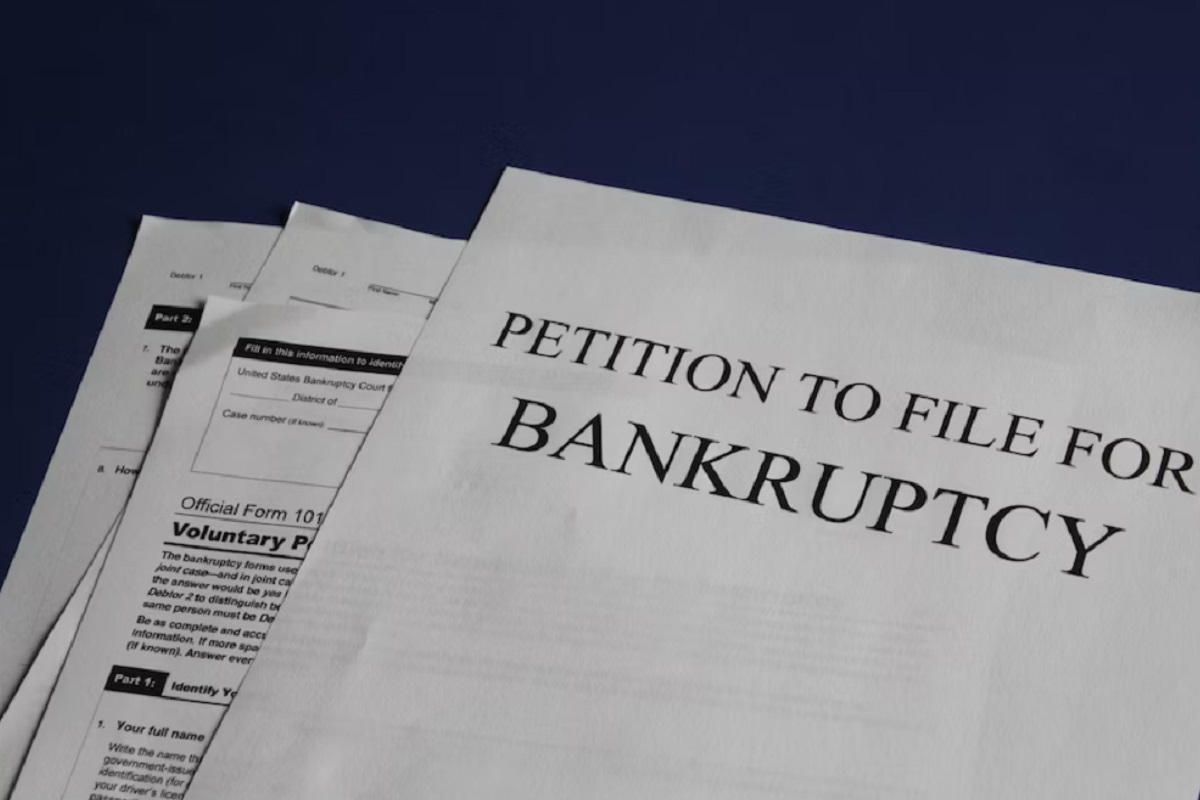Evergrande Group, at one time the second-largest real estate developer in China, filed for bankruptcy in New York.

This company has been in an extremely difficult situation for several years. Trying to rectify the troubled waters of its own existence in the financial dimension, the company took out large loans. In 2021, the developer, which had lost its former power, defaulted on its debts, which caused a large-scale property crisis in China. The consequences of the default of two years ago still have a certain degree of influence on the country’s economic system, which is characterized by a limited effect, but still observed.
Evergrande has filed for Chapter 15 bankruptcy protection. This chapter provides for the right of an American court to intervene in a situation in which a foreign company finds itself.
For a long period, the Chinese real estate sector has been perceived as a source of strength, critically necessary for the implementation of the development process of the world’s second-largest economy. This industry accounted for 30% of the country’s GDP about three years ago. The default of Evergrande two years ago provoked a shock effect on the Chinese real estate market. As a result of this economic event, significant damage was caused to homeowners. Also, the default of one of the largest developers has become a factor of negative impact on the Chinese economy as a whole.
Evergrande’s problems became critical after Beijing began implementing tactics to combat excessive borrowing by developers. The authorities decided to take these measures as part of efforts to counteract the trend of rising housing costs.
After the collapse of Evergrande, several other major Chinese developers, including Kasia, Fantasia, and Shimao Group, defaulted on their debts.
Country Garden, a real estate giant from China, announced in the summer its intention to consider various debt management solutions. This statement provoked rumors that the company is likely planning a debt restructuring due to the fact that it cannot attract the necessary amount of external funds.
The problematic state of affairs in the Chinese real estate sector has been complicated by the general slowdown in the growth of the world’s second-largest economy.
Evergrande has more than 1300 projects in its business portfolio in more than 280 cities. Also, the ownership structure of this company includes businesses whose activities are in no way related to real estate. These units of the developer, which is in a state of collapse, produce electric cars, work in the healthcare sector, and are engaged in the theme park business
Evergrande tried to repay the loans after the default of 2021, using all available opportunities. At the end of last year, the company’s debt load reached 2.43 trillion yuan ($340 billion). This amount is approximately 2% of China’s total GDP. In 2021 and 2022, the company lost $81 billion of shareholders’ and investors’ money.
This year, the developer, who has gone from one of the main players in the real estate market to a distressed business, unveiled a debt restructuring plan that has become the largest in China’s history. The company announced the existence of agreements with its international bondholders on the main terms of the plan. The firm says that the restructuring strategy will ease the burden of offshore debt and simplify the implementation of efforts to resume activity.
Evergrande plans to return to the normal mode of doing business within the next three years. To implement this intention, financial resources in the amount of $36.4 billion to $43.7 billion are needed. The company also announced that without new financing, the activities of the electric car production unit will be discontinued.
As we have reported earlier, Credit Suisse Reveals Scale of Bank’s Bankruptcy.









